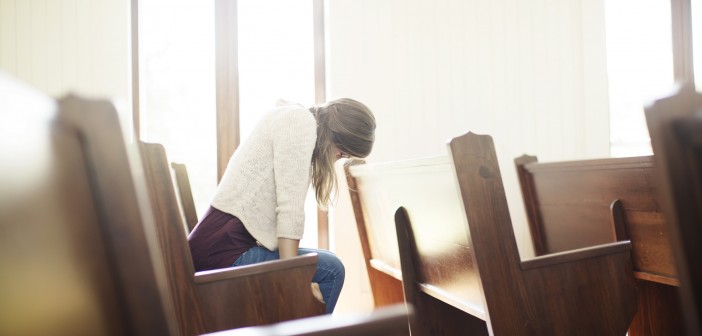I recently attended a retreat with a number of church friends. We spent part of our time together looking at The problem is that while the church grieves the death of this post-war culture, Gen X and Millennial Culture are quickly passing us by. In our grief for a culture we knew and loved, we are missing the ones that are right before us.sociological data on religion in America over the last 60 years. We paid particular attention to mainline denominations, including their declining attendance and size. Over the course of an hour, we talked about all sorts of political, cultural, and sociological reasons for that decline. Not once, however, did we talk about anything the church may have done (or not done) to contribute to its decline. To be fair, that question wasn’t put to us, as such.
The problem is that while the church grieves the death of this post-war culture, Gen X and Millennial Culture are quickly passing us by. In our grief for a culture we knew and loved, we are missing the ones that are right before us.
This rather remarkable omission highlighted for me the struggle the church has with honest self-critique. This one instance is entirely consistent with almost every other conversation I have with friends and colleagues about church decline. The discussion is mostly about how cultural forces are eroding the church. We portray the church as a victim of culture.
The Language of Lament
In my tradition, this is mostly expressed in the language of lament. People grieve the loss of a culture and way of being the church that they knew, loved, and thrived in. The church is depicted as the victim of culture, society, and politics. While there are surely elements of culture that are hostile to organized religion, this is not the only reason for our decline. Not even close.
We are not the victims of cultural change. At times, we have driven cultural change, like the Quakers in emancipation or the African American church with civil rights. At other times — and in some cases at the same time — we have behaved not like victims, but like perpetrators, using our power and influence to oppress, exclude, and stigmatize. These both still happen today. This latter behavior has indeed led to a strong backlash in our culture against the church, but that is not the culture’s failure. It’s ours. Any conversation about church decline must include honest self-critique, in which we must own our actions, agency, and power.
I take for granted that:
- Cultures change. That’s what they do. That is the history of civilization.
- Culture is not homogeneous. There are always multiple cultures that overlap, interact, and live in tension with one another.
- As part of the culture, the church participates in and shapes this change.
- As a 2,000-year-old institution, the church has experienced countless cultural changes.
The Death of American Christendom
Perhaps part of our problem is that, culturally speaking, the church had it so good in the post-World War II period. Eisenhower’s America was a perfect situation for the mutual reinforcement between church and culture. It was the height of civic religion. To be a good citizen meant going to church and vice versa. We tend to see this post-war period as normative, probably because it is what we know best. And yet, in the history of Christianity, I wonder if it isn’t actually an exception to the rule.
And now, with accelerating technological and demographic shifts, the remnants of American Christendom have all but evaporated. In just a few years, it will be entirely gone. The church grieves this change, and I grieve with it. The church of my childhood is gone and never coming back. I mourn its passing because it meant a lot to me growing up. But just because it was good for me at that time, doesn’t mean that everyone has to have that same experience.
Grief’s Unintended Consequences
The problem is that while the church grieves the death of this post-war culture, Gen X and Millennial Culture are quickly passing us by. In our grief for a culture we knew and loved, we are missing the ones that are right before us. Worse, the way we express our grief makes it sound to these folks as if their cultures — their passions, concerns, ways of relating and communicating — are just tattered remnants of what used to be this once great and glorious culture. Not so. Yes, each culture carries the remnants of previous ones, but they take those remnants and make them into something new. Each generation, each culture has its own authentic culture and expressions of faith. And we wonder why youth don’t stay, and we can’t attract young adults to our churches.
Culture isn’t killing us. Right now, our grief is. Despite our grief, we must engage culture on its own terms. If we don’t, we’ll grieve our way to more empty pews and closed churches. If we do, it may not save us, but I believe we’ll find an invitation and opportunity for something new to happen — both in us and in our churches. I know many of us are grieving, but we have work to do — good, hopeful, challenging, and exciting work.
This article is adapted from Keith’s blog found at https://pastorkeithanderson.net/.







